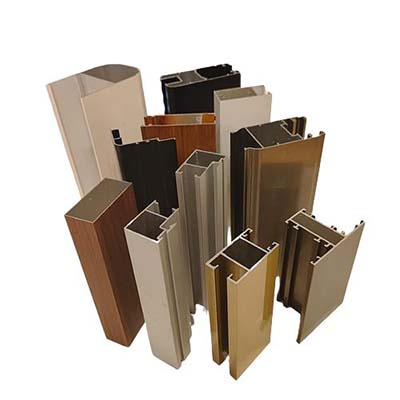Introduction
India’s aluminium industry, a cornerstone of the nation’s economic infrastructure, stands at a crossroads. The Aluminium Association of India (AAI) has sounded the alarm for government intervention to stem the tide of imported aluminium scrap flooding the market. By advocating for a customs duty increase from a meager 2.5% to a robust 10%, AAI aims to shield domestic producers and bolster economic resilience.
The Surge of Aluminium Imports and Its Impact
Recent trends indicate a troubling 24% surge in aluminium imports, burdening India’s foreign exchange by a staggering US$7 billion. The low customs duty is a key culprit, creating an open gate for foreign aluminium scrap that undermines local industry. The correlation between import spikes and customs policies cannot be overlooked, and the call for change is both urgent and clear.
Quality Concerns over Imported Aluminium Scrap
The quality of imported aluminium scrap remains unchecked, posing significant safety and environmental risks. AAI’s concerns spotlight the critical need for stringent quality standards that ensure safety and sustainability in the aluminium supply chain.
Proposed Changes to Customs Duties
AAI’s proposed duty adjustments are not just numbers—they are a blueprint for industry salvation. Increasing duty on aluminium scrap and primary imports is projected to staunch the flow of inferior products, while a revamp of the RoDTEP scheme promises to incentivize local manufacturing and boost exports from India’s special economic zones.
Encouraging Local Aluminium Manufacturing
The proposal to reduce custom duties on essential raw materials to 2.5% is a strategic move to empower indigenous manufacturing. By championing local producers, AAI envisions a robust industry that is competitive, innovative, and environmentally conscious.
The Larger Picture: Economic Growth and Sustainability
Strengthening local aluminium production is more than an economic imperative—it’s a sustainable strategy. It encourages a balanced trade environment that nurtures industry health and catalyzes strategic economic growth. The aluminium sector’s fortification will ripple across the economy, marking a step towards a more self-reliant India.
Conclusion
AAI’s demands articulate a broader vision for India’s future—one where the aluminium industry thrives in a fair trade ecosystem. By addressing these pressing concerns, policymakers and industry stakeholders can forge a path to sustainable growth and robust economic health. The time to act is now—to fortify the industry, protect the environment, and secure India’s standing on the global aluminium stage.
